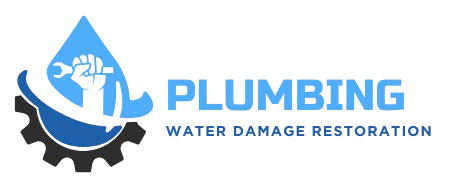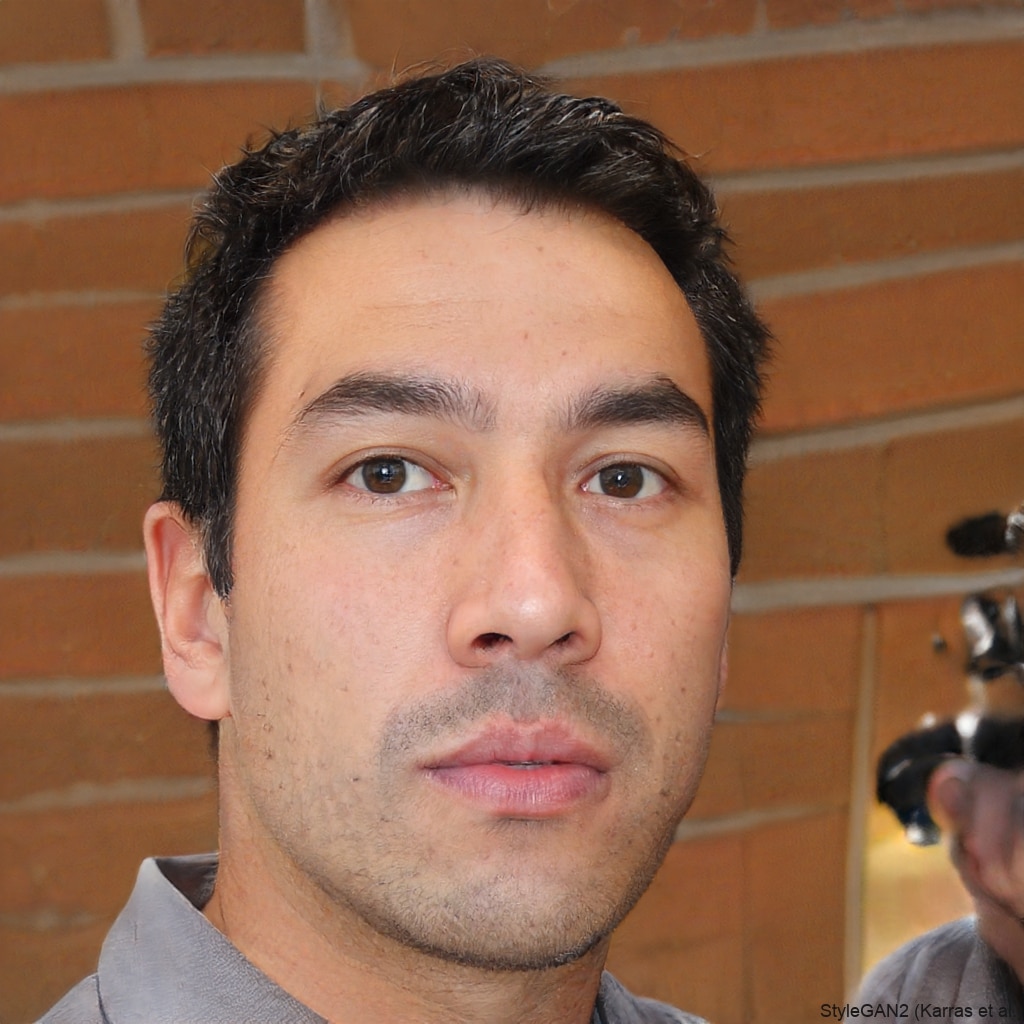When thinking about sustainable plumbing for your home, it's essential also to consider sustainable plumbing fixtures and appliances. Low-flow and WaterSense fixtures, which have a plumbing code that prohibits their installation if they conserve no less than 20 percent over the federal standard, are a great place to start. "These are performance-driven fixtures that use 20 to 50 percent less water," as Delbert Esh, an energy and water conservation specialist with Penn State Extension, puts it. Then there are the global warming-mitigating tankless and solar water heaters. The former, unlike conventional water heaters, heat only the water in use, and both types, when used in conjunction with insulated pipe, make for the kind of "hot water that's hot without using more energy than necessary" set-up that Esh advises. These "plumbing solutions," then, are both water- and energy-efficient.
Another aspect of eco-friendly plumbing is the use of sustainable materials for pipes and fittings. PEX piping, for instance, is an ideal choice for new systems. It's flexible and easy to install, requiring fewer fittings than traditional materials (like pipe-threaded copper), and emits very little in the way of greenhouse gases during manufacturing. If we're using non-potable systems as part of the plumbing for a given structure, consider using the kind of sustainable materials we've just described—and outfitting your system with the aforementioned PEX or another low-impact material. Can we reread those under a different light? Maybe we look at them as not just plumbing enhancements, but as part of an ecosystem within the structure?
The last building block in constructing an eco-friendly plumbing system in Berkley is the maintenance of that system. The plumbing in your home is a complicated arrangement of pipes, fixtures, and valves, which is all too capable of developing leaks. Water pipes that squeal, moan, or gurgle are making noises no good parent should ever force their child to make. Two-thirds of the water wasted in the United States comes from plumbing leaks. This is a problem that simple, ingenious solutions can address, and addressing it with proactive maintenance not only forestalls waste but also avoids the larger environmental problems that plumbing leaks can cause.










